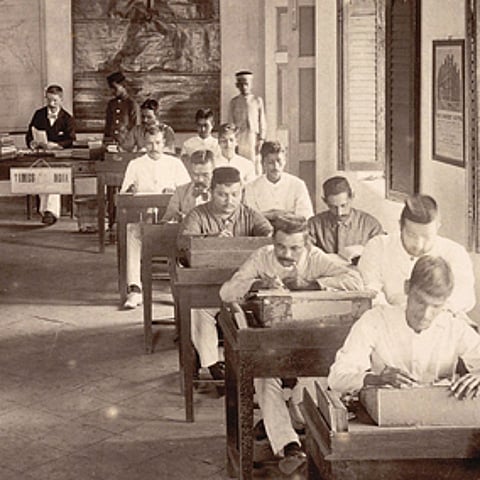(This article is a part of the web-exclusive series from our latest issue 'Labour and its Discontents'. More from the print quarterly here.)
The term 'fourth estate', often used to describe the media, was reportedly coined by the Irish political philosopher Edmund Burke in a debate in the British House of Commons in 1787. Using the term to describe reporters who sat in a gallery, he argued that the press was "far more important" than the three other "estates", namely, the clergy, the nobility and the commoners. The independence of the media, which is meant to ensure checks and balances in the working of other institutions of the state, has been considered indispensable to a functioning democracy.
Even as journalists are expected to act as the proverbial watchdogs of society and hold accountable those in positions of power and authority, they are themselves meant to be accountable to the public at large. Journalists are supposed to provide accurate and authentic information, besides disseminating a variety of opinions. One of the rights that journalists can lay claim to is security of employment, somewhat like the claims made by government officials. Such rights were supposed to also include well-defined conditions of work and remuneration structures as determined by a government-mandated wage board – at least, that was how it was supposed to be in India.

